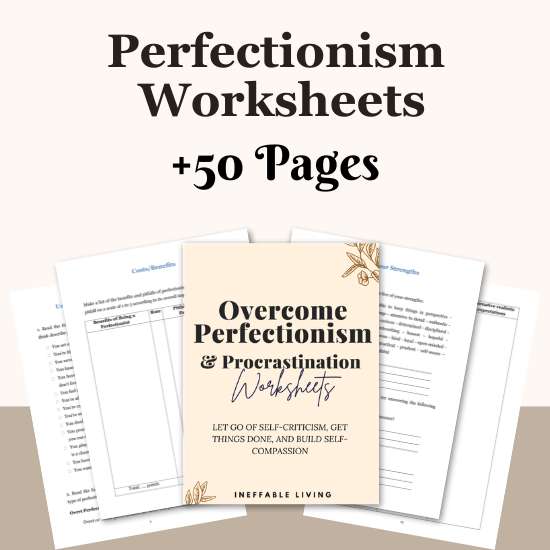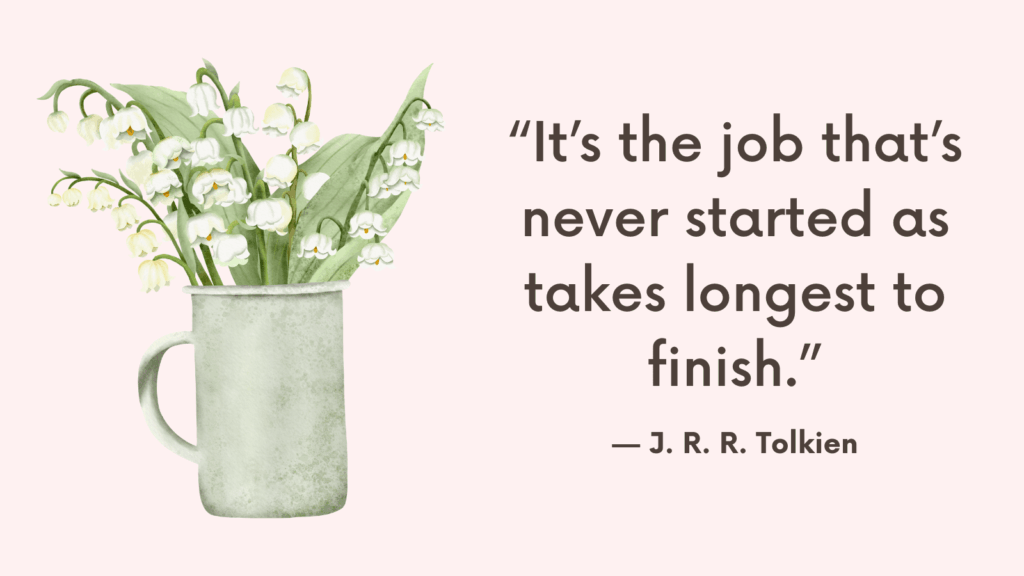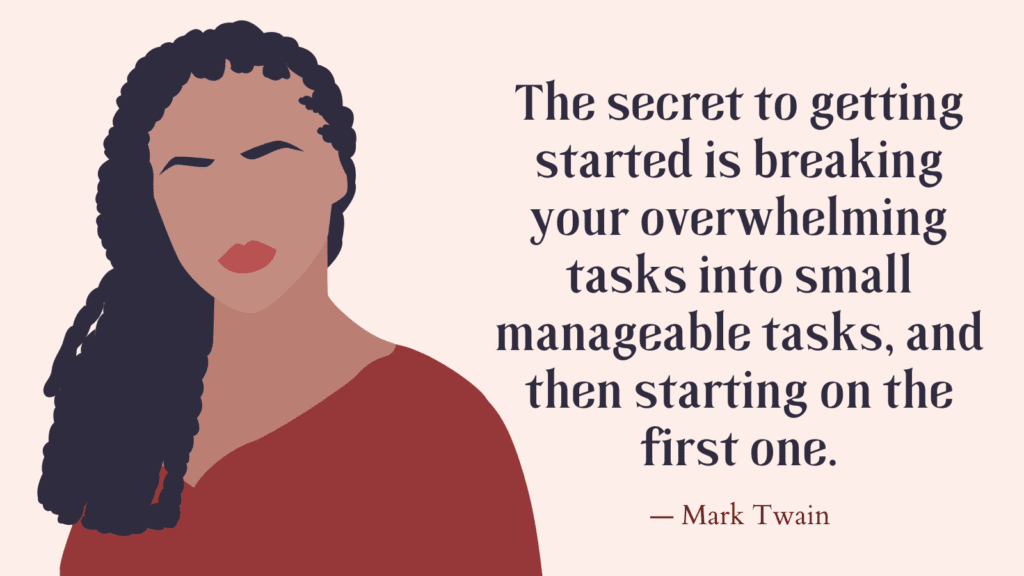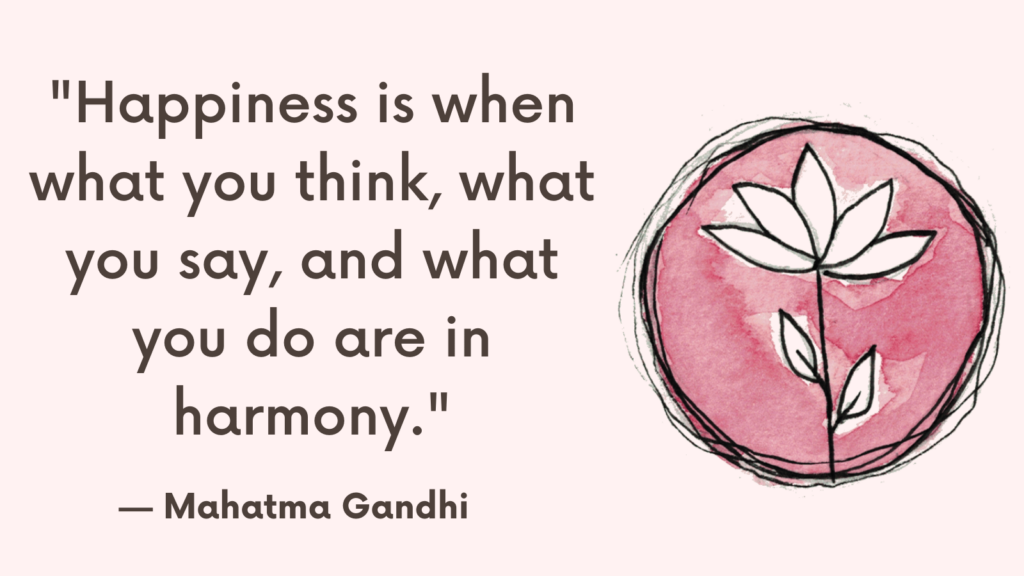Procrastination doesn’t come from laziness — it often comes from overwhelm, fear, perfectionism, or a lack of structure. The good news is that you don’t need extreme motivation or rigid schedules to break the cycle. You need small, consistent habits that lower resistance and make it easier to start. Here are the top anti-procrastination habits that actually work — backed by real-world results and sustainable strategies.
Why Procrastination Persists Even When You Want to Change
Procrastination sticks not because you’re lazy—but because you’re emotionally overwhelmed, mentally fatigued, or unsure where to begin. Often, your brain avoids tasks that feel unclear, unrewarding, or uncomfortable. The more guilt you carry about delaying, the more stuck you feel. That’s why sustainable change depends on habits—not motivation.
Top 10 Anti-Procrastination Habits That Actually Work
1. Use the 2-Minute Rule to Get Moving
If a task takes less than two minutes, do it immediately — no planning, no delay. This trains your brain to act instead of overthink.
Starting small helps you bypass inertia and creates a sense of accomplishment that fuels momentum.
2. Work in Short, Timed Blocks (Pomodoro Method)
Set a timer for 25 minutes of focused work, followed by a 5-minute break. This technique reduces pressure and makes it easier to start because the time is finite.
It also helps your brain associate work with manageable effort — not exhaustion.
3. Break Tasks Into Micro-Steps
Instead of putting “write report” on your to-do list, break it down into:
- Open the document
- Write the title
- Outline three key points
Tiny steps feel more doable and give your brain clear starting points — which makes you far less likely to stall.
4. Make a Daily Priority List (Not a To-Do Dump)
Instead of listing 20 things, write down 3 high-priority tasks per day.
This reduces overwhelm and forces you to focus on what really matters, not just what feels urgent or easy to avoid.
Related: Are You a Procrastinator Quiz? (+ Best 40 Tips To Stop Putting Things Off)
5. Set Deadlines — Even When They’re Self-Imposed
When tasks are open-ended, they invite delay. Give yourself short, specific deadlines.
Example: “I’ll finish the outline by 3 p.m.” or “This email draft gets sent by lunch.”
Deadlines create gentle urgency and keep tasks from dragging on indefinitely.
6. Work in the Same Spot at the Same Time Each Day
Having a dedicated work location and time — even for just 30 minutes — helps build a routine.
This environmental cue signals to your brain: “This is focus time.” Over time, it reduces the mental resistance to starting.
7. Use Visual Trackers or Progress Bars
Seeing progress is motivating. Whether it’s checking off a list, shading in a habit tracker, or using a digital progress bar — visual feedback gives you a small hit of satisfaction that fuels consistency.
8. Create Accountability (Without Shame)
Tell a friend, coworker, or even a timer app what you’re working on.
When someone (or something) is aware of your goal, you’re more likely to follow through. Just make sure the accountability source is encouraging — not pressure-based or critical.
9. Keep Your Workspace Distraction-Free for 10-Minute Starts
Set up your environment for success. Turn off notifications, clear clutter, and commit to just 10 minutes of focused effort.
Once you’re in motion, it’s much easier to keep going — but the goal is just to start, not finish.
10. End Your Work Sessions With a Clear “Next Step”
Before you stop working, write down the exact action you’ll take when you return.
This reduces friction the next time you sit down and eliminates the “Where do I even start?” spiral that fuels procrastination.
Related: Best 15 Books On How To Stop Procrastinating
What Makes These Habits Stick
These habits work not because they make you suddenly productive—but because they reduce friction. They lower mental resistance, remove emotional pressure, and give you permission to show up imperfectly. That’s what gets things done.

Conclusion
You don’t have to force yourself into perfection to stop procrastinating. You just need habits that lower the barrier to entry, make progress visible, and replace shame with structure. These tools don’t make you more disciplined — they help you work with your brain, not against it. One habit at a time, you can outsmart procrastination.



